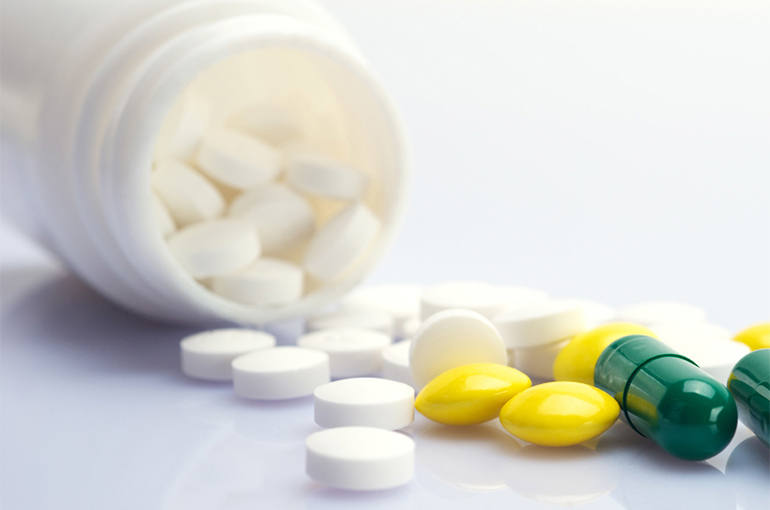 Trump Tariffs Are Unlikely to Curb US Reliance on Chinese APIs Any Time Soon, Experts Say
Trump Tariffs Are Unlikely to Curb US Reliance on Chinese APIs Any Time Soon, Experts Say(Yicai) April 3 -- The "reciprocal tariffs" on all US trading partners that President Donald Trump set out yesterday are unlikely to reduce the country’s reliance on China-made active pharmaceutical ingredients in the short term, though their export competitiveness may be weakened, according to industry experts.
China has significant advantages over India, its main API export rival, in terms of technological ability, investment in research and development, and upstream supply chains, a professional with extensive experience in international pharmaceutical cooperation told Yicai.
The Trump administration has added an additional 34 percent tariff on top of an existing 20 percent duty on all imports from China. In comparison, the reciprocal tariff imposed on Indian products was 26 percent.
The US imports around half of its critical APIs from China, suggesting that most of the new tariffs imposed by the Trump administration are likely to be absorbed by American companies themselves, the expert said, adding that some, but not many, Chinese producers may decide to cut prices and sacrifice part of their profit to retain orders.
APIs account for roughly 80 percent of China's exports of Western medicine. The country's API exports reached USD43 billion last year, with the US accounting for USD4.5 billion, second only to India at USD6.1 billion, according to the China Chamber of Commerce for Import and Export of Medicines and Health Products.
A representative for a Chinese API exporter told Yicai that the reciprocal tariffs will put some pressure on their US-bound business. "Tariff increases hike costs for our clients and for us,” he said. “We’re talking with them to determine how to respond.”
Another Chinese API exporter said their products are mostly made and sold in the US through partnerships, insulating the firm from the impact of the new tariffs.
The tariffs are a wake-up call for Chinese producers, the expert said, adding that they need to step up their R&D to deepen the US’ reliance on their products and technologies, while expanding in traditional markets such as Europe as well as into new markets in emerging economies.
Chinese API makers should also deepen cooperation with multinational pharmaceutical giants to enhance industrial chain integration, the person added.
Editor: Martin Kadiev